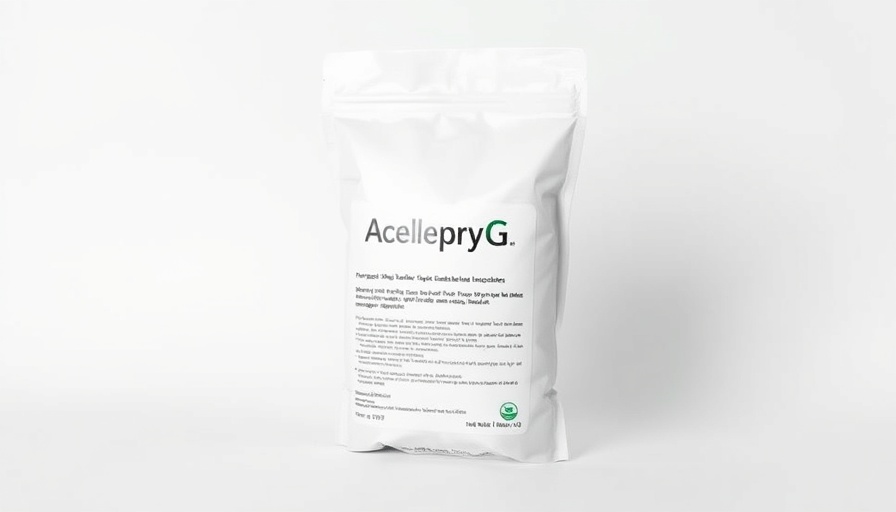
Understanding Grub Control: Effective Lawn Maintenance Strategies
As homeowners venture into the realm of lawn care, understanding grub control is essential. Grubs, the larvae of various beetles, can wreak havoc on lawns if left unchecked. However, with proper planning, you can prevent these pests from establishing themselves rather than dealing with them after the fact.
The Importance of Prevention: Stop Grubs Before They Start
The key takeaway for homeowners is that prevention is better than cure. By applying the right products at the optimal times, you can create a barrier that keeps grubs away. This methodology not only protects your lawn but also saves you time and resources in the long run. Preventive measures give your grass a fighting chance against unwanted invaders.
Comparing Grub Control Options: Acelepryn vs. Scotts GrubEx
Let’s break down two popular grub control products: Acelepryn and Scotts GrubEx. Acelepryn, a professional-grade solution from Syngenta, boasts a highly effective active ingredient called Chlorantraniliprole. At a low application rate of 1.15 lbs per 1,000 square feet, homeowners must understand their options to make an informed choice. Meanwhile, Scotts GrubEx caters to the DIY homeowner, often available at local retailers.
Cost Breakdown: Grub Control for Every Budget
When comparing costs, consider both effectiveness and coverage area. Acelepryn comes with a heftier price tag, averaging around $125 for a bag that covers 21,740 square feet. However, its durability and efficacy often justify the cost, especially for larger properties. In contrast, Scotts GrubEx may offer a more budget-friendly choice, albeit possibly at the trade-off of long-term effectiveness.
Steps to Effective Lawn Care: Timing and Application Techniques
Once you’ve decided on a product, timing your applications is crucial. Most experts recommend applying grub control in late spring or early summer, coinciding with the peak period of grub hatching. Effective application techniques enhance product efficacy, allowing for consistent coverage across your lawn. This strategy eliminates the risk of patches or areas of weakness that could be susceptible to grub infestations.
DIY Tips for Homeowners
Equipping yourself with the right knowledge transforms lawn care from a boring chore into a rewarding endeavor. For those eager to implement grub control themselves, resources are plentiful. Investigate various DIY guides that detail application methods, optimal timing, and environmental considerations. Engaging in these hands-on tasks can be fulfilling while allowing you to connect meaningfully with your property.
Professional Help: When to Call in the Experts
While DIY is empowering, knowing when to enlist professional help is just as important. For homeowners managing larger areas or experiencing persistent issues, hiring a lawn care professional can lead to quicker and more effective resolutions. They have access to advanced tools, products, and insights that can provide lasting results, ensuring that your lawn remains lush and vibrant.
Beyond Grubs: Comprehensive Lawn Care Strategies
A successful lawn care strategy goes beyond just preventing grubs. Incorporating practices such as proper irrigation, tree trimming, and lawn aeration makes a significant difference in maintaining a healthy yard. Intertwining these processes fosters an environment where your lawn can thrive, reducing the likelihood of pest infestations in the first place.
Conclusion: Take Charge of Your Lawn's Health
With the right knowledge and proactive practices, homeowners can tackle grub prevention successfully. Whether you opt for a DIY approach or choose to engage professionals, understanding your options empowers you to maintain a beautiful lawn. Remember, a healthy lawn is not just about aesthetics; it’s a source of pride, joy, and a testament to your dedication as a homeowner.
If you're ready to dive deeper into effective lawn management techniques, explore local resources or professional services that can further your knowledge and enhance your property’s charm.
 Add Row
Add Row 
 Add
Add 


 Add Row
Add Row  Add
Add 
Write A Comment